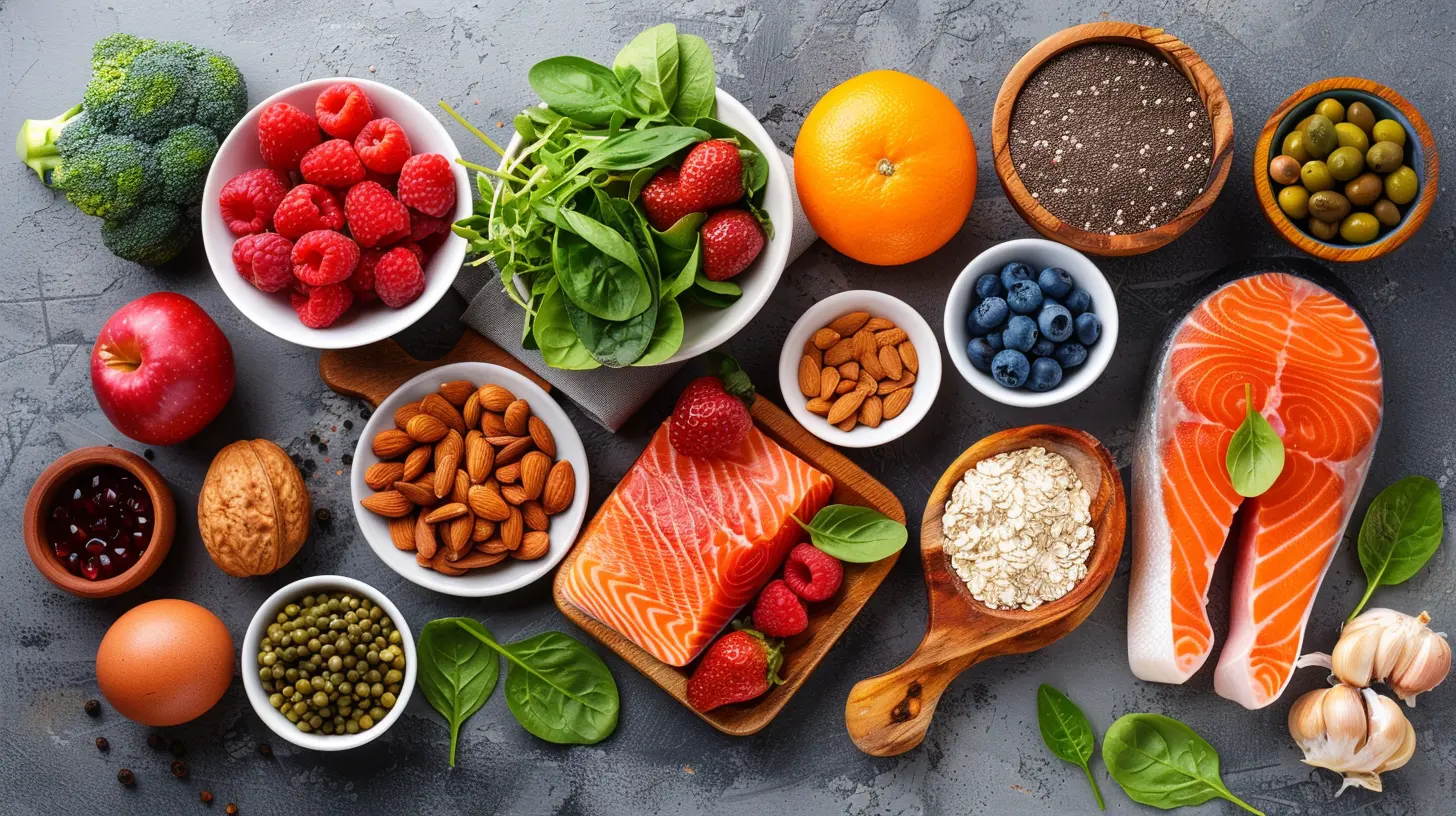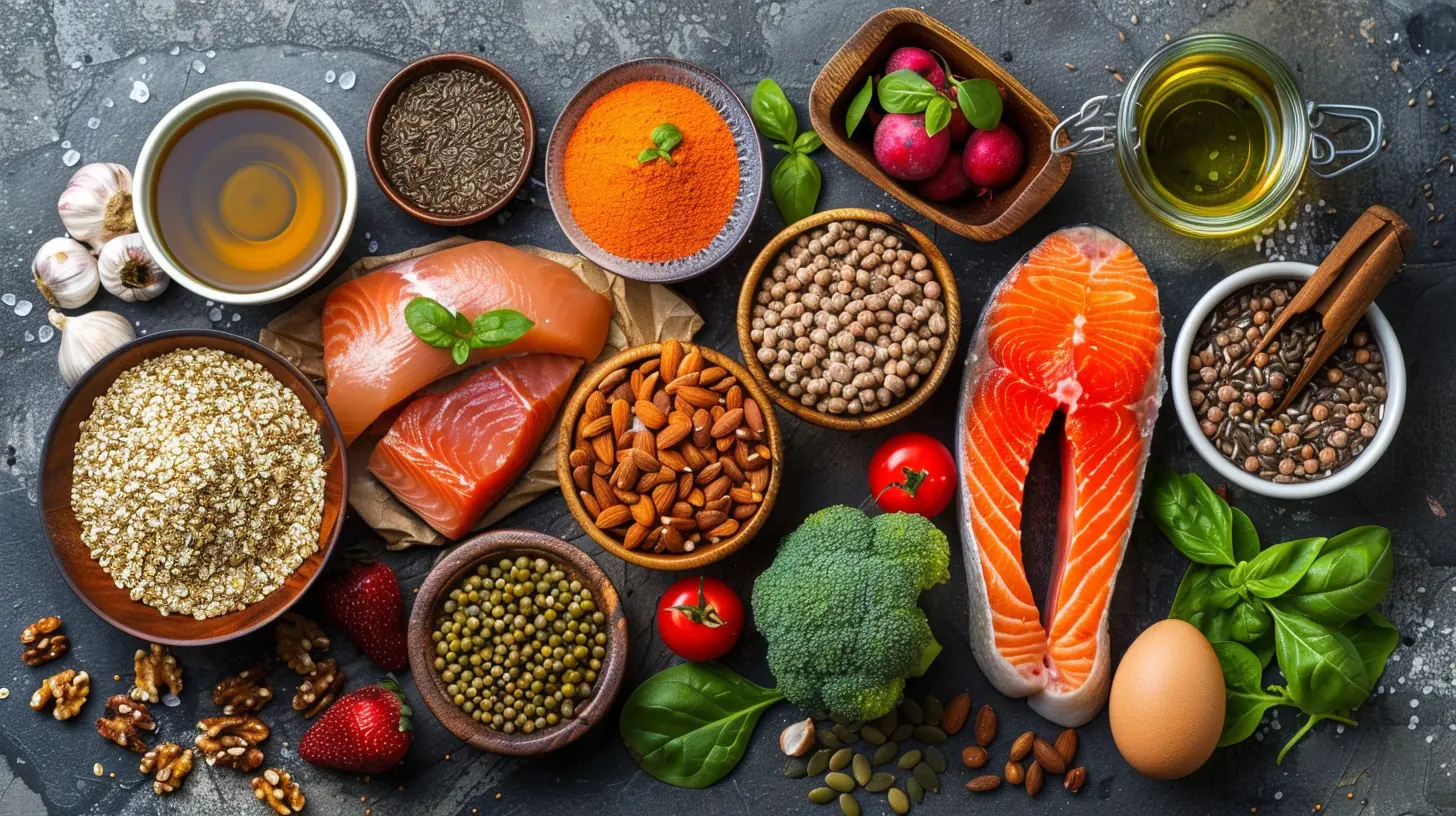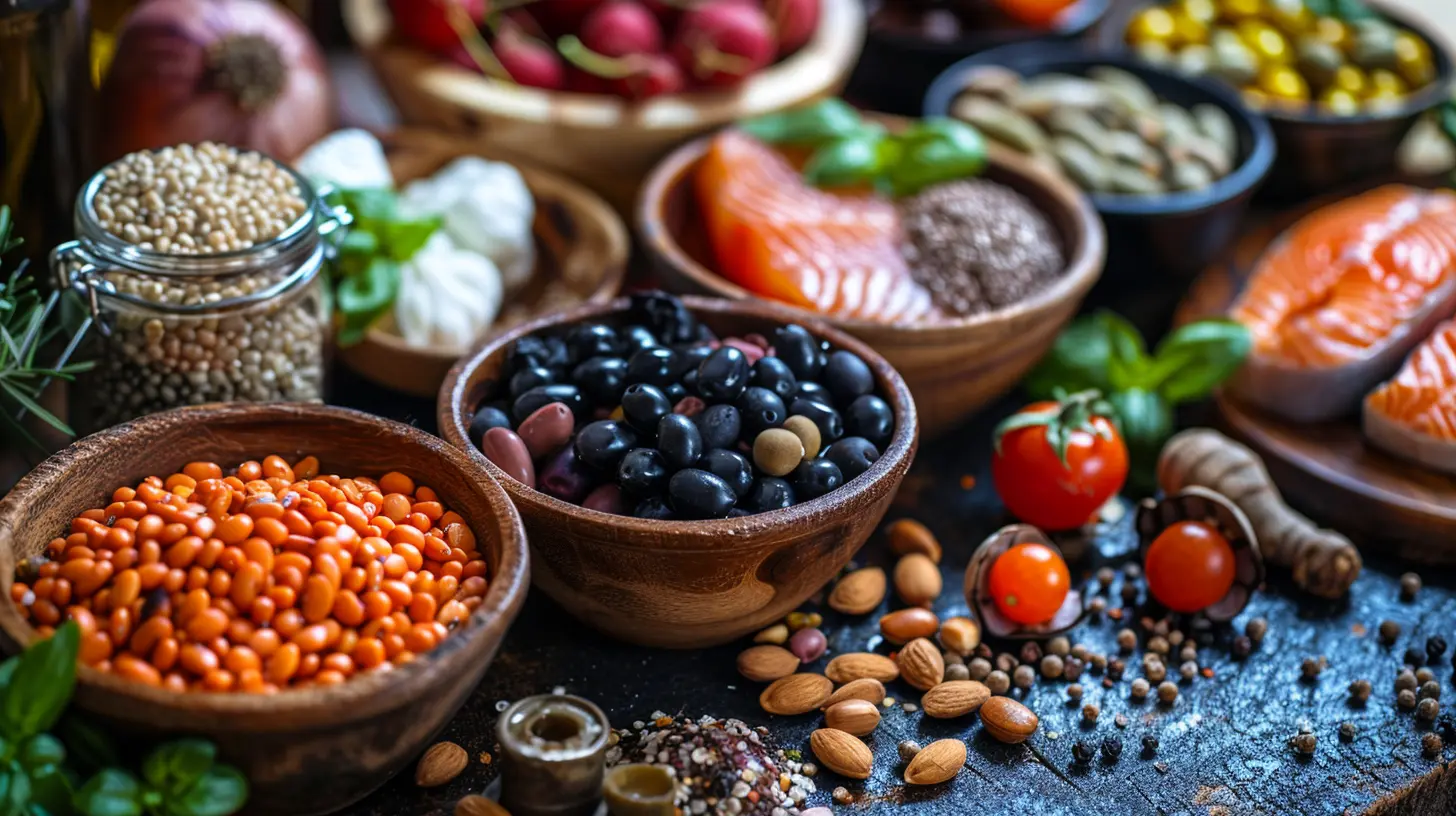Common Nutrient Deficiencies on a Low Carb Diet and How to Avoid Them
14 July 2025
Low-carb diets have taken the world by storm. Whether you're following keto, Atkins, or a general low-carb approach, reducing carbohydrates can lead to impressive weight loss, better blood sugar control, and increased energy levels. But let's be real—when you cut out entire food groups, certain nutrients can take a hit.
If you've been feeling sluggish, dealing with muscle cramps, or just not quite yourself, you might be missing out on some key vitamins and minerals. So, what are the most common nutrient deficiencies on a low-carb diet, and more importantly, how can you avoid them? Let’s break it down.

1. Magnesium Deficiency
Why It Happens
Magnesium is crucial for hundreds of biochemical processes in the body, from muscle function to nerve signaling. When you cut out carb-heavy foods like whole grains and legumes, your magnesium intake might drop. Plus, low-carb diets tend to have a diuretic effect, meaning you lose more magnesium through urine.Signs You Might Be Deficient
- Muscle cramps or spasms- Fatigue and weakness
- Difficulty sleeping
- Increased anxiety or stress
How to Fix It
Load up on magnesium-rich, low-carb foods:- Nuts and seeds (almonds, cashews, pumpkin seeds)
- Leafy greens (spinach, Swiss chard)
- Avocados
- Dark chocolate (yes, really—but opt for 85% cocoa or higher)
Supplementing with magnesium glycinate or citrate can also be a game-changer if you're not getting enough through food.

2. Potassium Deficiency
Why It Happens
Potassium helps maintain proper muscle function, heart health, and fluid balance. However, when you drastically reduce carbs, insulin levels drop, leading to increased sodium and potassium loss through urine.Signs You Might Be Deficient
- Muscle weakness or cramps- Heart palpitations
- Fatigue
- Constipation
How to Fix It
Incorporate potassium-packed, low-carb foods like:- Avocados
- Spinach and kale
- Salmon
- Mushrooms
- Broccoli
Avoid processed low-carb foods, as they often lack potassium and can make deficiency worse.

3. Sodium Deficiency
Why It Happens
Low-carb diets cause the body to lose more sodium due to reduced insulin levels. While too much sodium is bad, cutting too much can leave you feeling awful.Signs You Might Be Deficient
- Headaches- Dizziness
- Low energy
- Muscle cramps
How to Fix It
Add a pinch of high-quality salt (like Himalayan or sea salt) to your meals and drink bone broth regularly. This simple step can help restore sodium levels and keep your energy up.
4. Calcium Deficiency
Why It Happens
Dairy products, a key source of calcium, are often restricted on certain low-carb diets. Additionally, if magnesium is low, calcium absorption can suffer.Signs You Might Be Deficient
- Brittle nails- Muscle spasms
- Numbness or tingling
- Weakened bones over time
How to Fix It
Make sure to eat calcium-rich, low-carb foods, such as:- Sardines and canned salmon (with bones)
- Leafy greens like kale and bok choy
- Almonds
- Cheese (if your diet allows it)
If needed, a calcium supplement combined with vitamin D and magnesium can help maintain bone health.
5. Fiber Deficiency
Why It Happens
Most fiber-rich foods, like beans, lentils, and whole grains, are high in carbohydrates. A low-carb diet can leave you fiber-starved, leading to digestive issues and sluggish bowel movements.Signs You Might Be Deficient
- Constipation- Bloating
- Feeling constantly hungry
How to Fix It
Boost your fiber intake by adding:- Chia seeds and flaxseeds
- Leafy greens like spinach and arugula
- Cauliflower and broccoli
- Berries (in moderation)
Also, drinking plenty of water can help keep digestion smooth.
6. Vitamin C Deficiency
Why It Happens
Many high-carb fruits and vegetables are rich in vitamin C, so cutting back on these foods can make it harder to get enough. Vitamin C is essential for a strong immune system, collagen production, and overall health.Signs You Might Be Deficient
- Frequent colds or infections- Slow wound healing
- Dry skin
- Bleeding gums
How to Fix It
Eat more vitamin C-rich, low-carb foods, like:- Bell peppers (especially red and yellow)
- Kale and other leafy greens
- Broccoli
- Lemons and limes
A vitamin C supplement can also be helpful if you're struggling to meet your needs.
7. B Vitamin Deficiencies
Why It Happens
B vitamins (especially B1, B6, and B9) are primarily found in whole grains and legumes—two food groups often limited on a low-carb diet. These vitamins are essential for energy production and brain function.Signs You Might Be Deficient
- Brain fog- Fatigue
- Irritability
- Tingling in hands or feet
How to Fix It
Focus on B-vitamin-rich, low-carb foods:- Eggs
- Meat (especially organ meats like liver)
- Leafy greens
- Nutritional yeast (great for B12)
Supplementing with a B-complex vitamin can also provide an extra boost.
8. Omega-3 Deficiency
Why It Happens
Low-carb diets often emphasize protein and fats, but not all fats are created equal. If you're loading up on processed meats and skipping fatty fish, you might be missing out on these essential fatty acids.Signs You Might Be Deficient
- Dry skin- Joint pain
- Brain fog
- Mood swings
How to Fix It
Make an effort to eat more omega-3-rich foods, such as:- Salmon
- Sardines
- Walnuts
- Chia seeds and flaxseeds
A high-quality fish oil supplement can also help fill in the gaps.
Final Thoughts
Going low-carb has plenty of benefits, but nutrient deficiencies can sneak up on you if you're not careful. The good news? With the right food choices and, if needed, strategic supplementation, you can keep your body nourished while reaping the rewards of a low-carb lifestyle.At the end of the day, balance is key. Listen to your body, eat a variety of nutrient-rich whole foods, and don’t shy away from a good electrolyte boost when needed. Your health is worth it!
all images in this post were generated using AI tools
Category:
Low Carb DietAuthor:

Arthur McKeever
Discussion
rate this article
1 comments
Ella Barlow
Great insights! It’s so important to stay mindful of nutrient balance on a low carb diet. Your tips for avoiding deficiencies are super helpful—definitely saving this for my meal planning! Thanks for sharing!
July 21, 2025 at 4:00 PM

Arthur McKeever
Thank you for your kind words! I'm glad you found the tips helpful for your meal planning. Happy to help!


